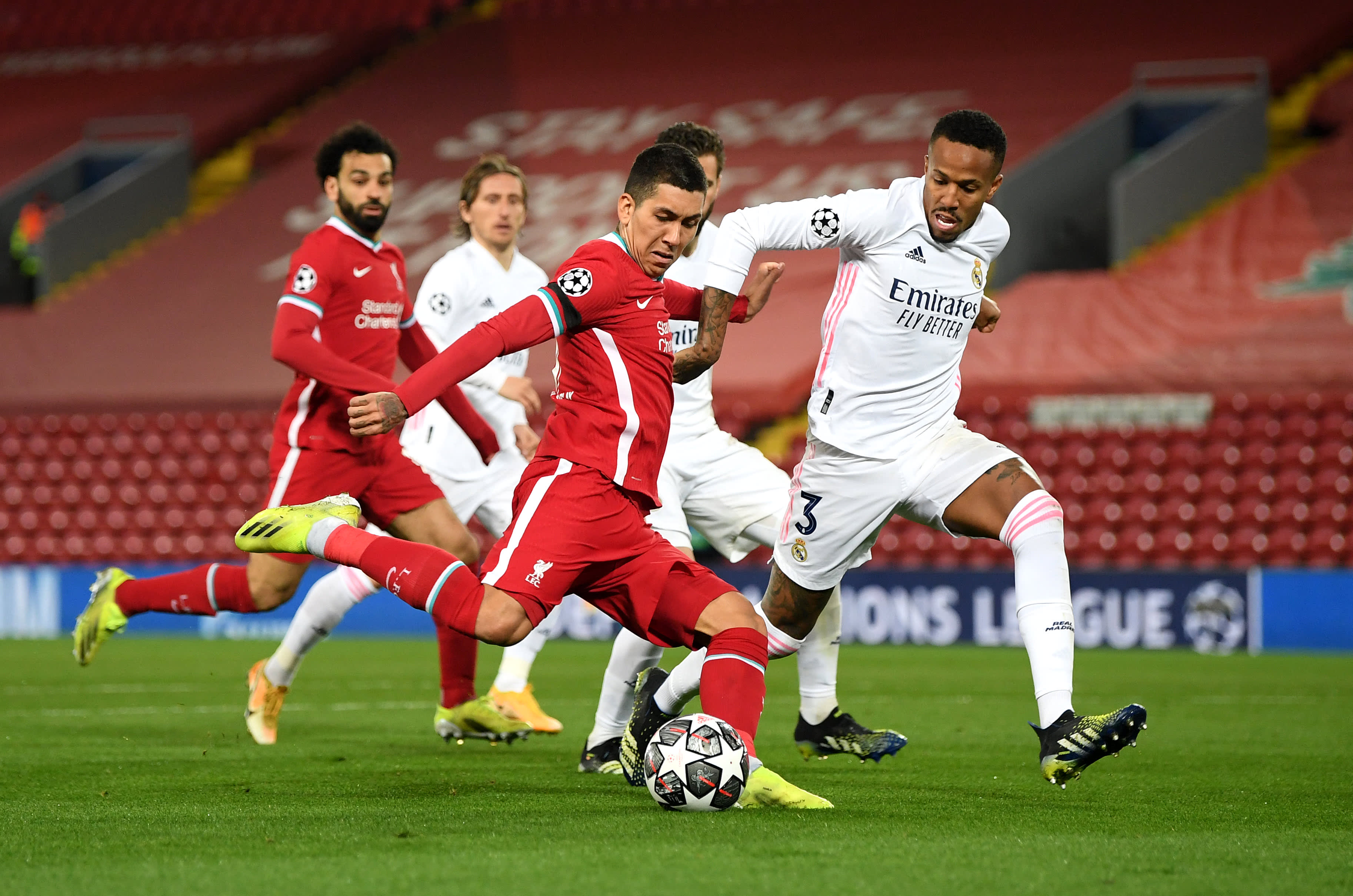
Florentino Pérez, President of Real Madrid, illustrated on February 18, 2020 in Madrid, Spain.
Mateo Villalba | Quality sports images Getty Images
LONDON – The president of the European Super League has said plans to form a new elite separatist competition are designed to “save” football, backtracking on widespread criticism that change is necessary because young people “already they are not interested “in sport.
In an interview with the Spanish program El Chiringuito de Jugones on Monday, Florentino Pérez, who is also the president of the Spanish club Real Madrid, said: “Whenever there is a change, there are always people who oppose it … and we are doing this to save football at this critical time. “
“The audience is declining and the rights are declining and something had to be done. We are all ruined. Television has to change to adapt,” he continued.
“Young people are no longer interested in football. Why not? Because there are a lot of poor quality games and they don’t care, they have other platforms to distract themselves,” Perez said.
Perez did not provide evidence that younger football fans were moving away from the sport due to lack of interest or declining television figures.
His comments come shortly after the release of 12 of Europe’s richest football teams, including Real Madrid, who had signed up as founding members of the ESL. The project has been backed by $ 6 billion in debt financing from JPMorgan.
ESL is designed to rival the UEFA Champions League, Europe’s most important annual club competition, and is scheduled to start “as soon as possible”.
Teams that have agreed to play ESL:
- England: Manchester United, Manchester City, Liverpool, Tottenham, Chelsea and Arsenal.
- Spain: Barcelona, Real Madrid and Atlético de Madrid.
- Italy: Juventus, AC Milan and Inter Milan.
The ESL will eventually have 20 clubs and 15 of these will be permanent, meaning they cannot be relegated. This is controversial because currently teams have to qualify for the Champions League every year and can be promoted and relegated from the English Premier League, Spanish League and Serie A.
The move has sparked outrage among lawmakers, governing bodies, former players, fans, executives and experts, with many concerned about the ramifications of the structure of national competition.
This is because the current “pyramid” system allows teams to move up and down their respective leagues on merit. The 14 Premier League clubs not participating in the ESL are expected to debate their response to the matter on Tuesday.
UEFA President Aleksander Ceferin has condemned the ESL project and described the move as “a blow to the face” for all football fans. “We will not allow them to take it away from us,” he added.
“Basic principles”
In 2018, the Premier League reported a significant drop in money raised from the sale of rights to broadcast football matches in the UK
BT and Sky offered £ 4.4 billion ($ 6.1 billion) to televise the lion’s share of 200 games for each season between 2019 and 2022. That figure dropped from £ 5.1 billion in 2015.
In a joint statement on Sunday, the twelve teams planning to join ESL said: “The formation of the Superliga comes at a time when the global pandemic has accelerated instability in the existing European economic model of football.”
“The pandemic has shown that a strategic vision and a sustainable business approach are needed to improve value and support for the benefit of the entire European football pyramid,” they added.
Liverpool’s Roberto Firmino shoots while under pressure from Real Madrid’s Eder Militao during the UEFA Champions League quarter-final match between Liverpool FC and Real Madrid at Anfield on April 14, 2021 in Liverpool, England.
Shaun Botterill | Getty Images Sport | Getty Images
Organizers say the ESL will generate more money than the UEFA Champions League competition and lead to a greater distribution of revenue across the sport.
FIFA’s governing body has harshly criticized the proposal and called for further discussions with those involved.
“In our view and in accordance with our statutes, any football competition, whether national, regional or global, must always reflect the basic principles of solidarity, inclusiveness, integrity and equitable financial distribution,” FIFA said on Monday.
“In addition, the governing bodies of football should use all legal, sporting and diplomatic means to ensure that this continues to be the case,” they added.
– CNBC Sam Shead has contributed to this report.